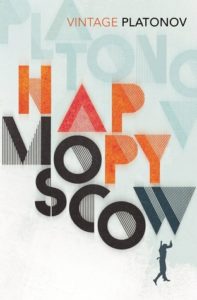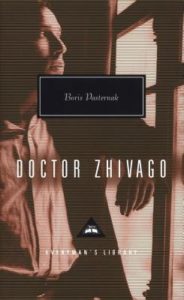 Title: Fever and Spear (Goodreads)
Title: Fever and Spear (Goodreads)
Author: Javier Marías
Translator: Margaret Jull Costa
Series: Your Face Tomorrow #1
Published: Chatto & Windus, May 5, 2005
Pages: 384
Genres: Literary Fiction, Thriller
My Copy: Library Book
Buy: Amazon, Book Depository, Wordery (or visit your local Indie bookstore)
There is something almost genre bending about Javier Marías’ Fever and Spear. To call it a spy novel would do it a huge disservice. The best way I could describe this novel is to call it a character study. Our narrator, Jacques Deza has recently separated with his wife and, to put some distance between the two, has moved from Madrid to London where he meets an old friend, Sir Peter Wheeler. Deza is recruited into Her Majesty’s secret service where he starts investigating the shady underbelly of international business.
“How can I not know today your face tomorrow, the face that is there already or is being forged beneath the face you show me or beneath the mask you are wearing, and which you will only show me when I am least expecting it?”
Look, the plot to this is not really important, and this makes it rather difficult to write about this novel. Fever and Spear is the first book in the Your Face Tomorrow trilogy, and it appears to be some kind of metaphysical thriller, meaning it explores the philosophical notions of metaphysics in the form of a thriller. I talked about literary thrillers in my review of Purge and how difficult it is to find good examples of the genre. I mentioned The 7th Function of Language and In the First Circle as great examples and I seem to have stumbled across another one with Fever and Spear.
“One should never tell anyone anything or give information or pass on stories or make people remember beings who have never existed or trodden the earth or traversed the world or who, having done so, are now almost safe in uncertain, one-eyed oblivion. Telling is almost always done as a gift, even when the story contains and injects some poison, it is also a bond, a granting of trust, and rare is the trust or confidence that is not sooner or later betrayed, rare is the close bond that does not grow twisted or knotted and, in the end become so tangled that a razor or knife is needed to cut it.”
I struggle to find the words to describe how much I enjoyed this novel. There is something about the way Javier Marías explored the past, present and the future that makes it difficult to write about. I had such an amazing experience here and I want to tout this book out but I lack the words. Needless to say, I would have picked up Dance and Dream (book two) right away if I had access to it, and I did not have a huge reading pile.
I might attempt to review Fever and Spear again in the future, I know I will reread it many times. I need to read the entire trilogy to see if I can get my thoughts straight. I know this is no way to review something you connected with, but my thoughts about this novel do not seem to fall into place. I write this mainly to try and make sense of my opinion. I do not think it helped. I hope I have said enough to at least convince someone to give Javier Marías a go, if not Fever and Spear.

 Title: The 7th Function of Language (
Title: The 7th Function of Language ( Title: The Dinner Guest (
Title: The Dinner Guest ( Title: No Place to Lay One's Head (
Title: No Place to Lay One's Head ( Title: A Horse Walks into a Bar (
Title: A Horse Walks into a Bar ( Title: The Lover (
Title: The Lover ( Title: Happy Moscow (
Title: Happy Moscow ( Title: Dr Zhivago (
Title: Dr Zhivago ( Title: The Gap of Time (
Title: The Gap of Time ( Title: The Tsar of Love and Techno (
Title: The Tsar of Love and Techno (